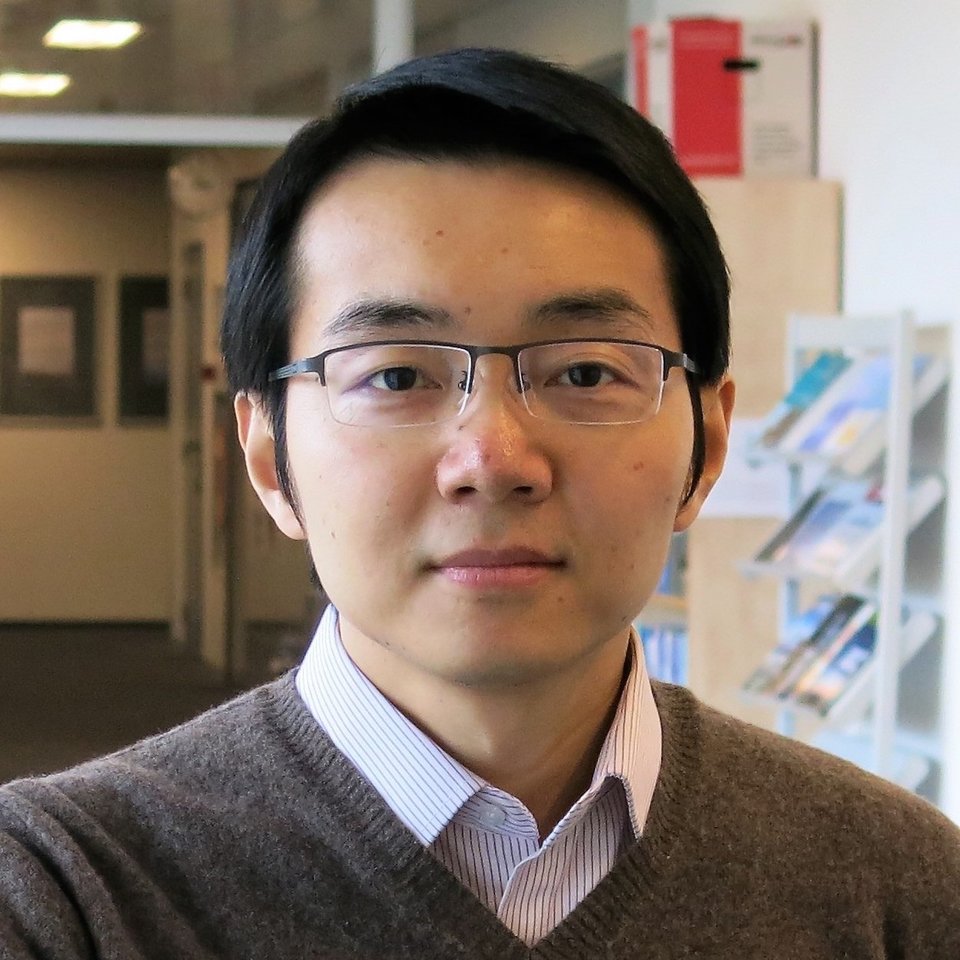EU Marie Curie grant on 6G Evolution for Aaron Ding
Aaron Ding has been rewarded with an EU Marie Curie grant. He and his team will be investigating robust solutions to provide resilient 6G digital infrastructure in the presence of both cyber and physical attacks in future 6G networks in the coming four years. A total amount of €1,5M has been allocated to the consortium ENSURE-6G.
‘Our ambition is to ensure that the EU is at the forefront of security and privacy requirements of 6G infrastructure and that new security measures are designed to mitigate the risks such as data breach and AI exploitation on data associated with new 6G devices and stakeholders’, says Aaron Ding.
Secure, safe and economically viable network
This new project carried out at TPM will focus on sustainable and long-term safety and security for the 6G network and services. Besides technology development, Aaron’s team will explore new business models for trustworthy 6G data security, by including dimensions of centralisation and trust. The business model framework will integrate AI to self-evolve and support telecom operators, hardware providers and specialized security vendors to understand how to offer security-as-a-service solutions in economically viable ways.
Interdisciplinary character
The importance of 6G and its extensive societal impact to achieve equal accessibility and better communication demand a thorough R&D on the resilience, safety and security aspects of 6G. This new initiative is highly valued by the Marie Curie funding committee for its interdisciplinary research character. With activities in the project involving experts from various disciplines, such as AI, Internet of Things (IoT), law and economy. This interdisciplinary approach is needed for the development of a resilient 6G digital infrastructure.
Read more about Aaron’s research in his Story of Science

